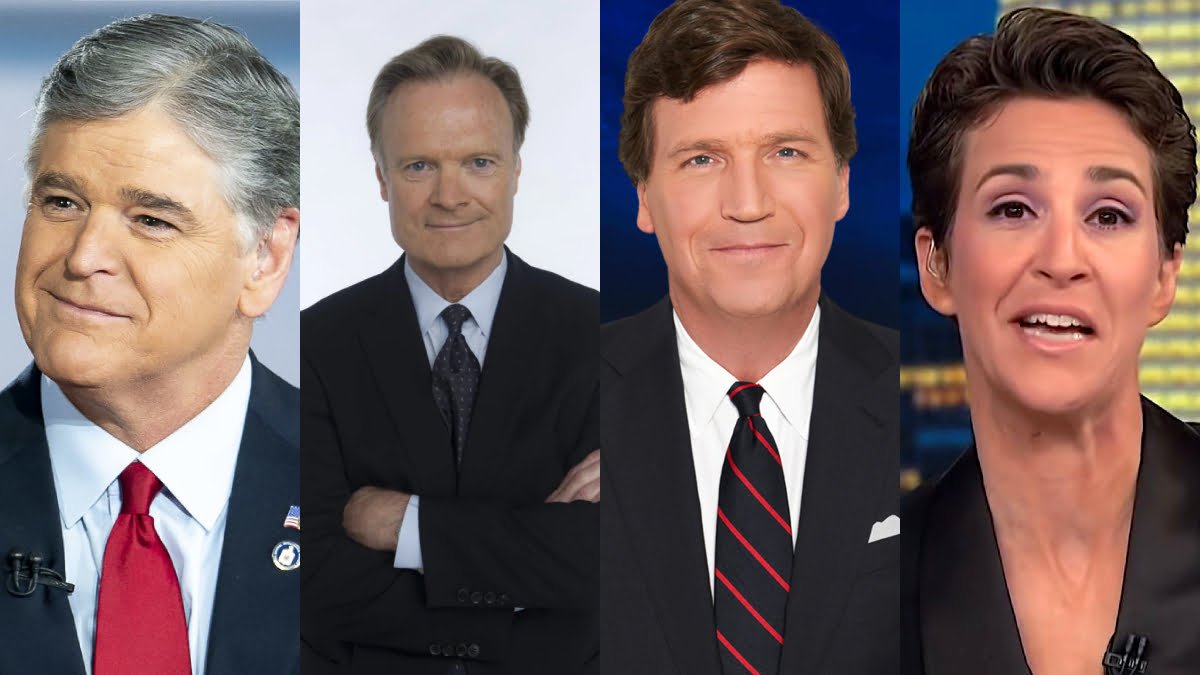Political Commentators are the faces of their respective news organizations, and as such, they are expected to uphold certain values and beliefs in their professional lives. However, when it comes to their personal lives, the lines between what is expected of them and what they believe can sometimes blur. The question is, should news commentators be expected to uphold the same values in their personal lives as they do on the air?
Political analysts are prominent individuals whose views can greatly influence public opinion. As representatives of the people, they must uphold a certain standard of trustworthiness and reliability with their audience. Consequently, their convictions and principles ought to correspond with the views they express on public platforms. If their private beliefs contradict the image they project on air, it may be perceived as hypocritical and could potentially harm their reputation as well as the credibility of the media brand that employs them.
Tucker Carlson is recognized for his conservative stance while on the air, but some say privately, he has conveyed more centrist positions. In 2018, Forbes published an opinion piece called “Tucker Carlson on Why He’s Actually a Liberal — And Why Trump Just Isn’t That Interesting” . Carlson is quoted as saying, “I think I have much more in common with 1970s-era liberals than most people at The Washington Post.”
Rachel Maddow, a liberal commentator on MSNBC, has criticized both Democrats and Republicans for their foreign policy decisions in her book “Drift: The Unmooring of American Military Power”. Some may argue that her criticism of both parties makes her more credible and trustworthy, while others may view it as a lack of consistency in her beliefs.
Juan Williams, a liberal commentator on Fox News, has been critical of some liberal policies and has expressed support for conservative positions such as school choice. Again, some may view this as hypocritical, while others may see it as him being true to his beliefs.
On the other hand, news commentators are human beings with their own beliefs and values that may differ from what they express on air. They have a right to express their opinions freely, and their personal beliefs should not necessarily reflect their professional persona. It can be argued that their ability to separate their personal beliefs from their professional responsibilities is a sign of professionalism.
The recent court filing in Dominion Voting Systems’ $1.6 billion lawsuit against Fox News revealed that the channel’s highest-ranking executives and most prominent stars privately ridiculed claims of voter fraud in the 2020 election, despite allowing lies about the presidential contest to be promoted on air.
Tucker Carlson, Sean Hannity, and Laura Ingraham openly mocked the lies being pushed by former President Donald Trump’s camp asserting that the election was rigged. Rupert Murdoch, the chairman of Fox Corporation, also did not believe Trump’s election lies and even floated the idea of having Carlson, Hannity, and Ingraham appear together in prime time to declare Joe Biden as the rightful winner of the election.
This revelation raises questions about the credibility of Fox News and its commentators. While some may argue that the commentators were simply doing their job by reporting the news and keeping their personal beliefs separate, others may view it as hypocritical and deceptive.
Many people feel that the question of should news commentators be expected to uphold the same values in their personal lives as they do on the air is crucial in ensuring that the information they convey to their viewers is truthful, precise, and dependable. Additionally, political commentators are obligated to lead by example and exhibit honesty and responsibility in their public statements, setting a positive standard for their audience to follow.










